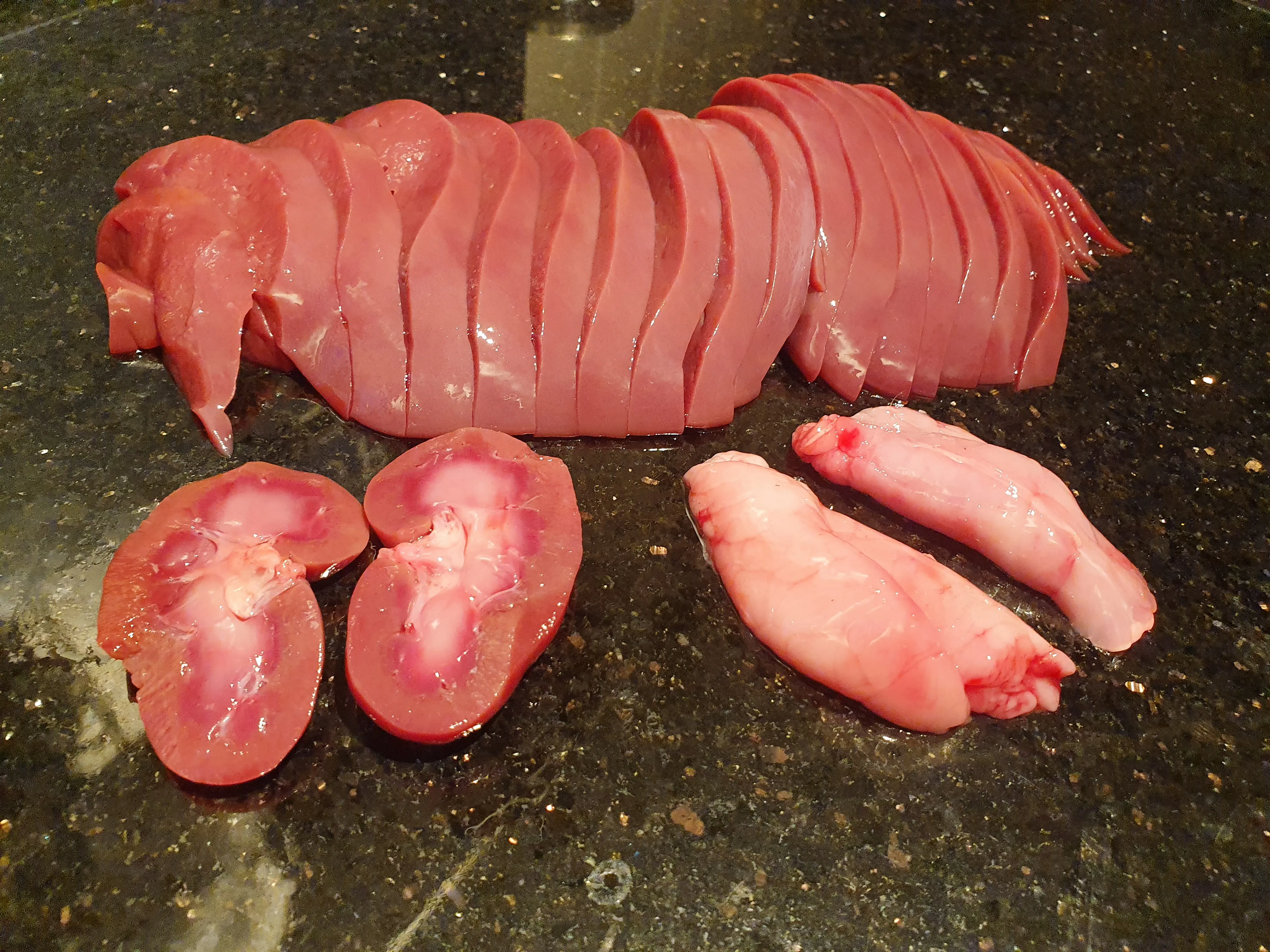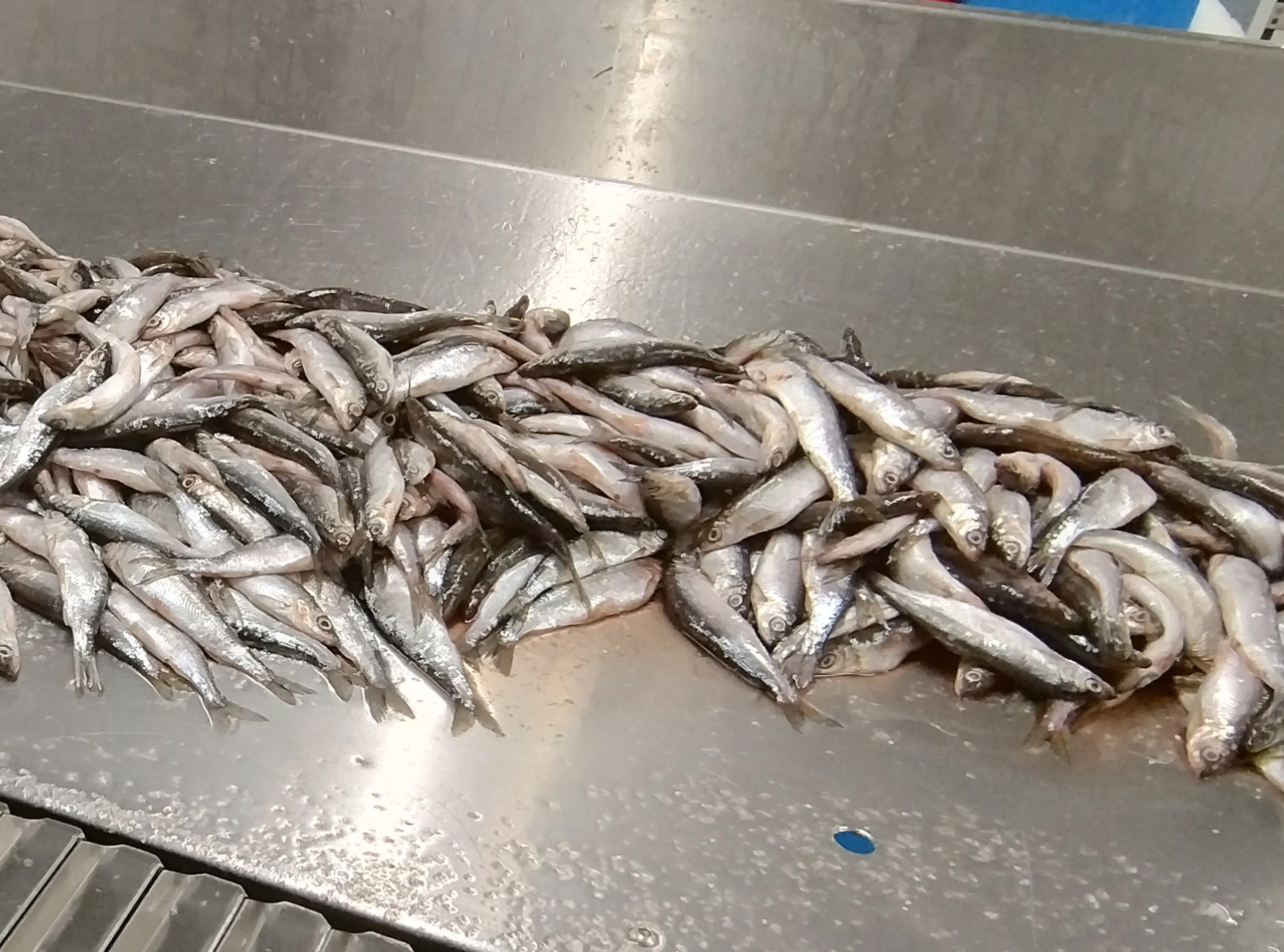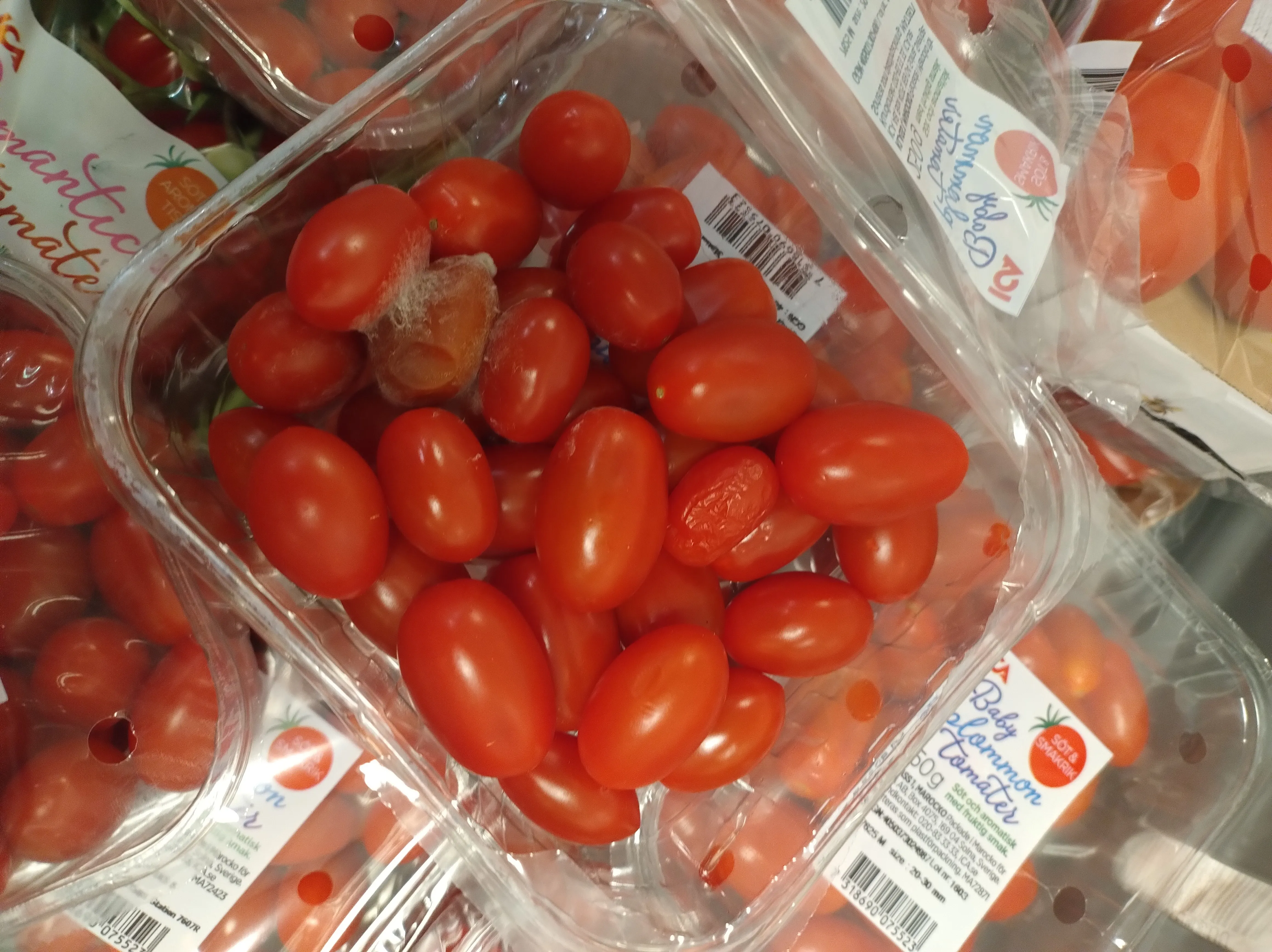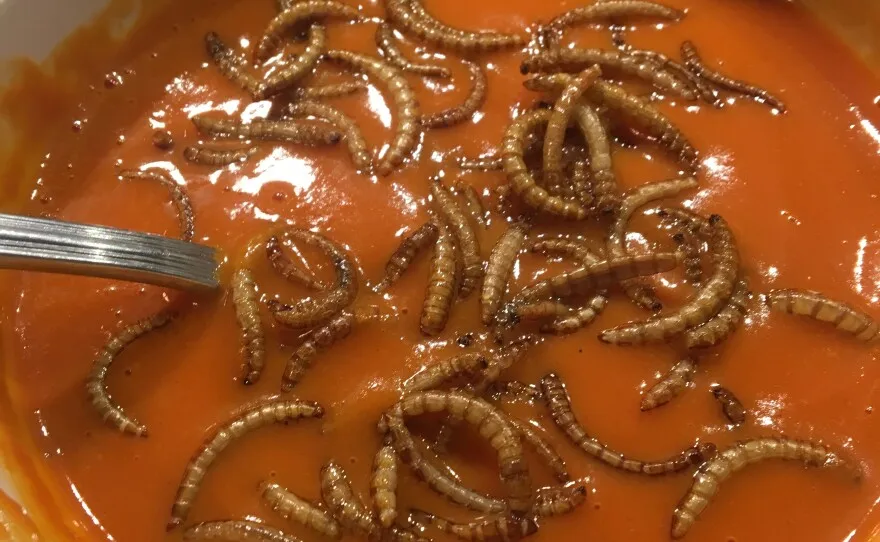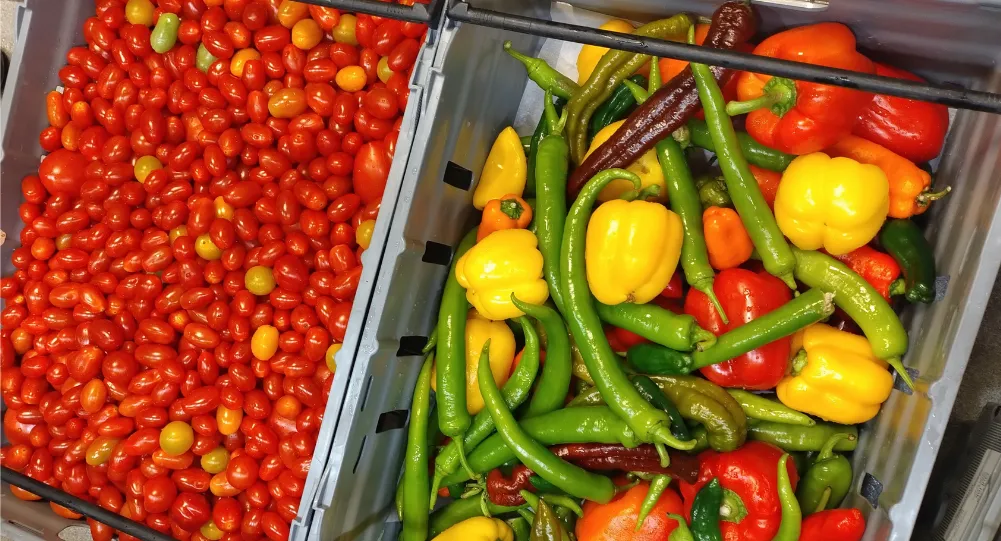
How things become food: towards a theory of edibility
A research project led by Jonas House, funded by the Leverhulme Trust and based at the University of Southampton.
About
How can novel alternative proteins become accepted and popularised as Western foods? How can Western diets adapt to include species ‘arriving’ following climate change or exclude those disappearing? How can edible things usually seen as waste become part of Western diets? Such questions are vital to achieve sustainability in Western food systems, which have significant negative impacts on planetary and public health. Central to such questions is eating differently, a major issue for any changes to Western food systems. Yet to understand and govern eating differently, two key questions must be answered: How do potential foodstuffs become transformed, culturally and practically, into food? And how does the categorisation of things as food change – and end – over time? This project seeks to answer these questions by developing a theory of edibility: how things become categorised as food, and how this changes over time and space.
